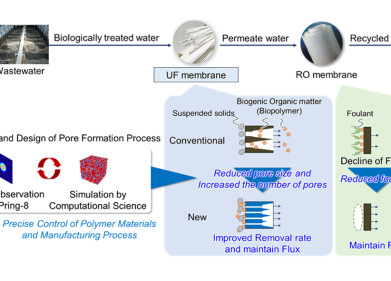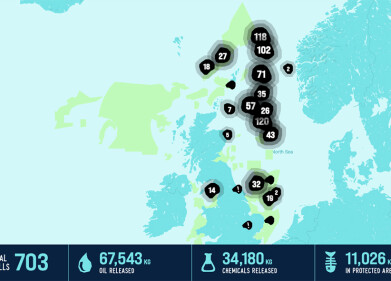Water/Wastewater
EU-wide restriction best way to reduce microplastic pollution
Dec 15 2020
The European Chemicals Agency’s Committee for Socio-economic Analysis (SEAC) has adopted its opinion on a landmark restriction proposal, which would ban microplastics in products such as cosmetics, detergents, fertilisers and could lead to a ban of its use as soft infill on artificial turf sports pitches. It would prevent the release of 500 000 tonnes of microplastics into the environment over 20 years.
Bjorn Hansen, ECHA’s Executive Director says: “We need to protect our environment from microplastic pollution, and this restriction proposal is the most comprehensive of its kind in the world. We have now concluded our scientific and technical assessment and given our recommendations on how to best address the risks. This will contribute to decision making in the European Commission and the aims of the EU’s Plastics Strategy.”
The proposal aims to ban products from the European market that contain intentionally added microplastics if these are released to our environment when the products are used. Examples are cosmetics, cleaning and laundry products, fertilisers, plant protection products and seed coatings. Other products, such as paints and inks, may also contain microplastics, but their use does not always lead to environmental releases. These uses are not proposed to be prohibited but would need to be reported to ECHA to ensure that residual releases are monitored and could be controlled in the future. Suppliers would also be obligated to give instructions on how residual releases can be minimised.
Several options to prevent the release of microplastic infill material from artificial turf sports pitches were recommended to the policy makers. These include a ban on placing on the market after a transition period of six years.
The restriction will prevent 500 000 tonnes of microplastics from ending up in the environment over 20 years. Over the same period, the total cost of the restriction to European society is estimated to be €10.8 or €19.1 billion depending on how environmental risks from the granular infill material (mainly from shredded car tyres) are addressed. The costs consist of the need to reformulate mixtures, replace microplastics with alternative materials and the need for authorities to enforce the restriction.
Events
Apr 10 2025 Beijing, China
Apr 10 2025 Beijing, China
Apr 15 2025 Moscow, Russia
Apr 21 2025 Shanghai, China
May 11 2025 Vienna, Austria














